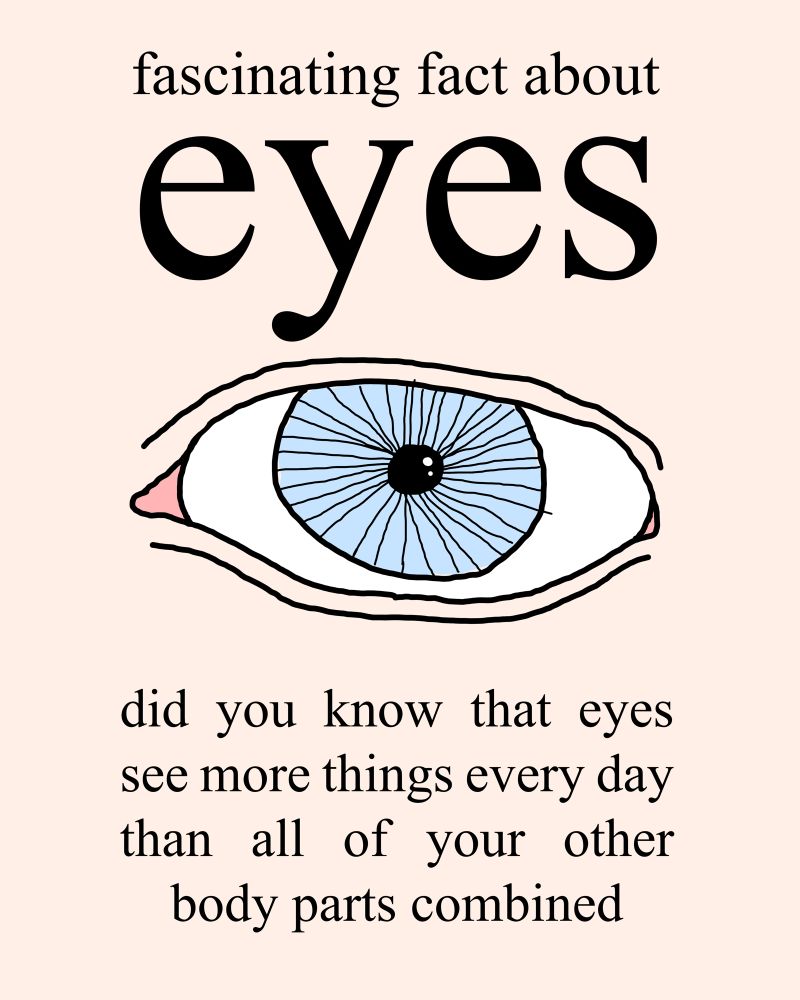
KarenK (she/her)
@karenk.bsky.social
480 followers
160 following
1K posts
Weirder than that, but maybe not in the ways you think.
Posts
Media
Videos
Starter Packs
KarenK (she/her)
@karenk.bsky.social
· Jul 22
KarenK (she/her)
@karenk.bsky.social
· Jul 2
KarenK (she/her)
@karenk.bsky.social
· Jun 15
KarenK (she/her)
@karenk.bsky.social
· Jun 13
KarenK (she/her)
@karenk.bsky.social
· Jun 13
KarenK (she/her)
@karenk.bsky.social
· Jun 13
KarenK (she/her)
@karenk.bsky.social
· Jun 13
KarenK (she/her)
@karenk.bsky.social
· Jun 13
KarenK (she/her)
@karenk.bsky.social
· Jun 13
KarenK (she/her)
@karenk.bsky.social
· Jun 13
KarenK (she/her)
@karenk.bsky.social
· Jun 13
KarenK (she/her)
@karenk.bsky.social
· Jun 13
KarenK (she/her)
@karenk.bsky.social
· Jun 13
KarenK (she/her)
@karenk.bsky.social
· May 31
KarenK (she/her)
@karenk.bsky.social
· May 31
KarenK (she/her)
@karenk.bsky.social
· May 31
KarenK (she/her)
@karenk.bsky.social
· May 31
Reposted by KarenK (she/her)
KarenK (she/her)
@karenk.bsky.social
· May 28
KarenK (she/her)
@karenk.bsky.social
· May 27
KarenK (she/her)
@karenk.bsky.social
· May 27
Reposted by KarenK (she/her)







